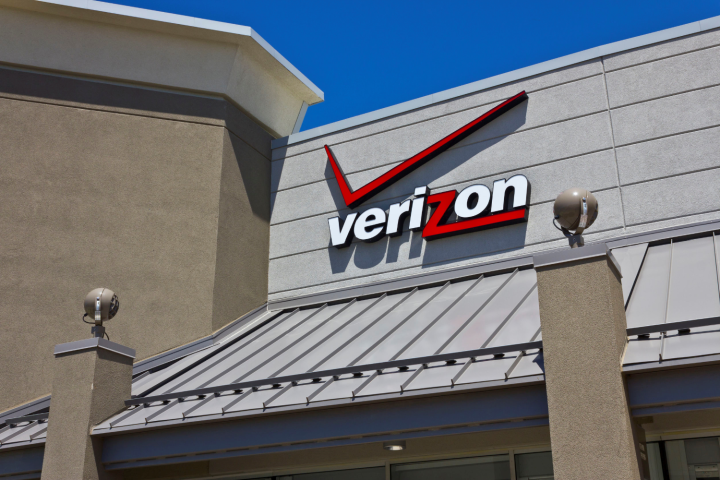
According to Verizon, the new plan provides unlimited voice calling minutes to landlines in over 70 countries and to mobile numbers in over 40 countries. If the country you call to is not on either list, Unlimited Together World also offers “discounted” calling to over 160 countries, though the carrier did not say by how much.
By comparison, AT&T’s International Day Pass lets you use your domestic data plan, as well as unlimited talk and text, in over 100 countries. You will need to fork over $10 for a 24-hour pass, and to prevent abuse, AT&T can remove the pass from any account if international use exceeds 50 percent of total use for two consecutive months.
Unlimited Together World, meanwhile, focuses solely on calls and tacks on an additional $15 each month, so it is more of a long-use plan than International Day Pass. If you do not place that many international calls, Verizon also offers Unlimited Together North America, which lets you call Mexico or Canada as many times as you feel like for $5 per month.
It has been an interesting start to 2017 for Verizon, with its first announcement of 2017 an increase to $30 for its upgrade fee. AT&T followed up with a similar increase from $20 to $25 for its activation and upgrade fee. Verizon also announced it would cut off customers on unlimited data plans who burn through at least 200GB of data each month, which forces those customers to either move to limited data plans or be disconnected altogether.
Making matters worse for Verizon and AT&T is the Federal Communications Commission, which concluded that both carriers violated net neutrality rules. Verizon and AT&T challenged the findings, and FCC commissioner Ajit Pai, who was reportedly elevated to the agency’s top spot, might do away with net neutrality altogether.
Editors' Recommendations
- You can now get unlimited 5G for just $20 a month — with a twist
- Verizon’s cheapest 5G unlimited plan just got even cheaper
- 5G coverage map: Where you can get 5G on Verizon, AT&T, T-Mobile
- Verizon 5G: Everything you need to know
- Verizon now lets you mix and match on Fios


